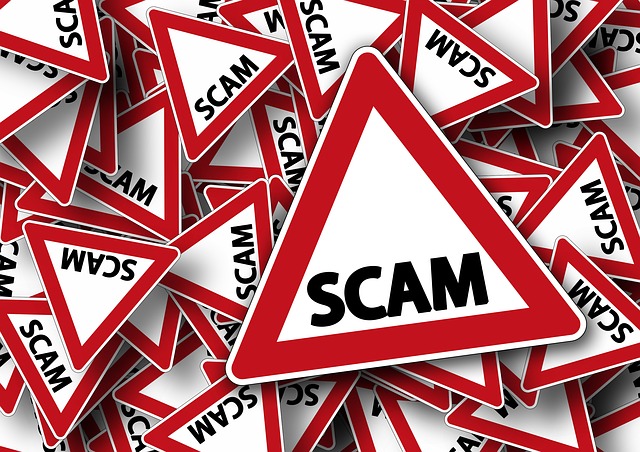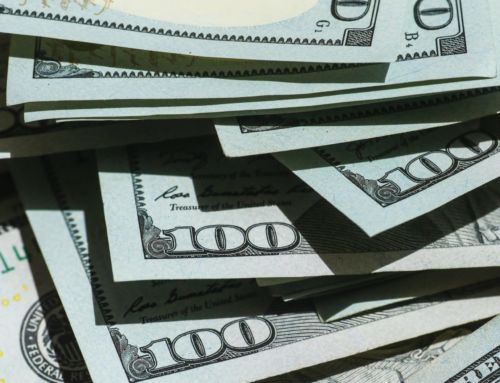The IRS has identified several new variations of standard tax scams involving fake tax bills and demands for payments. Many of these scams involve purchasing and transferring information using a gift card or iTunes card.
Other scams to be aware of include:
Electronic Federal Tax Payment System (EFTPS) Scam
This scam involves con artists claiming to be from the IRS. Scammers call and demand immediate tax payment and threaten arrest if a payment is not made immediately by a specific prepaid debit card. Victims are also warned that they should NOT talk to their tax preparer, attorney or local IRS office until after the payment is made.
“Robo-call” Messages Demanding Payment
It is important to remember that the IRS does not call and leave prerecorded messages requesting a call back, but scammers do! According to the IRS, scammers tell victims that if they do not call back, a warrant will be issued for their arrest. Those who do respond are told they must make immediate payment either by a specific prepaid debit card or by wire transfer.
Private Debt Collection Scams
The IRS recently sent letters to taxpayers whose overdue federal tax accounts are being assigned to one of four specific collection agencies. Scammers are aware of this and are now calling taxpayers posing as private collection firms. If you receive a call like this and you have not been notified by the IRS about a tax debt, it is safe to consider the call a scam.
Protect Yourself: Know the Signs of a Scam
Given the level of sophistication and perseverance of scammers, it is sometimes difficult to determine legitimate contact by the IRS (and its authorized private collection agencies) versus ploys to get your money and personal information. Protect yourself by understanding that the IRS will:
- Never contact you initially by phone or demand immediate payment by prepaid debit cards, gift cards or wire transfers.
- Never threaten to immediately bring in local police or other law-enforcement groups to have the taxpayer arrested for non payment.
- Never demand that taxes be paid without giving the taxpayer the opportunity to question or appeal the amount owed.
- Never ask for credit or debit card numbers or other sensitive information over the phone.
Remember, the IRS will mail a bill to taxpayers who owe. And all tax payments should only be made payable to the U.S. Treasury and never to third parties.
If you are contacted via phone by a scammer this summer, do not give out any information. Hang up immediately and report the scam to the Treasury Inspector General for Tax Administration at https://www.treasury.gov/tigta/contact_report_scam.shtml or call the hotline at 800.366.4484. If you are unsure about any potential outstanding tax obligations, it is also a good idea to check with your tax preparer.






Leave A Comment
You must be logged in to post a comment.